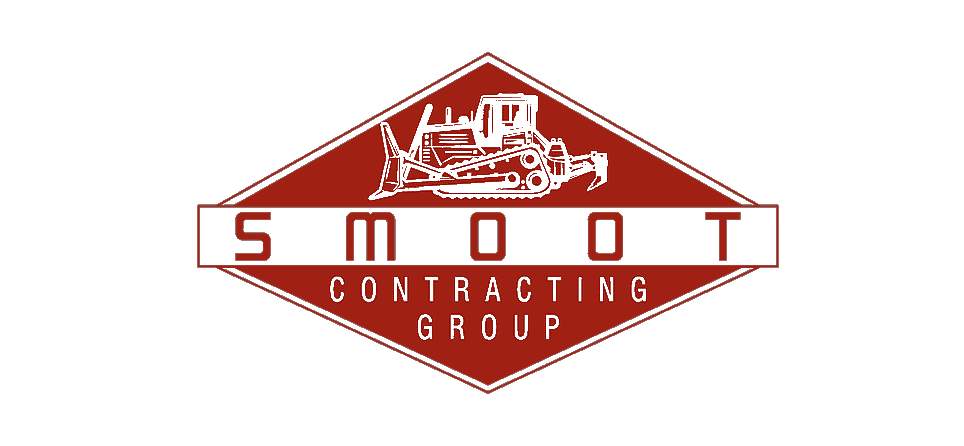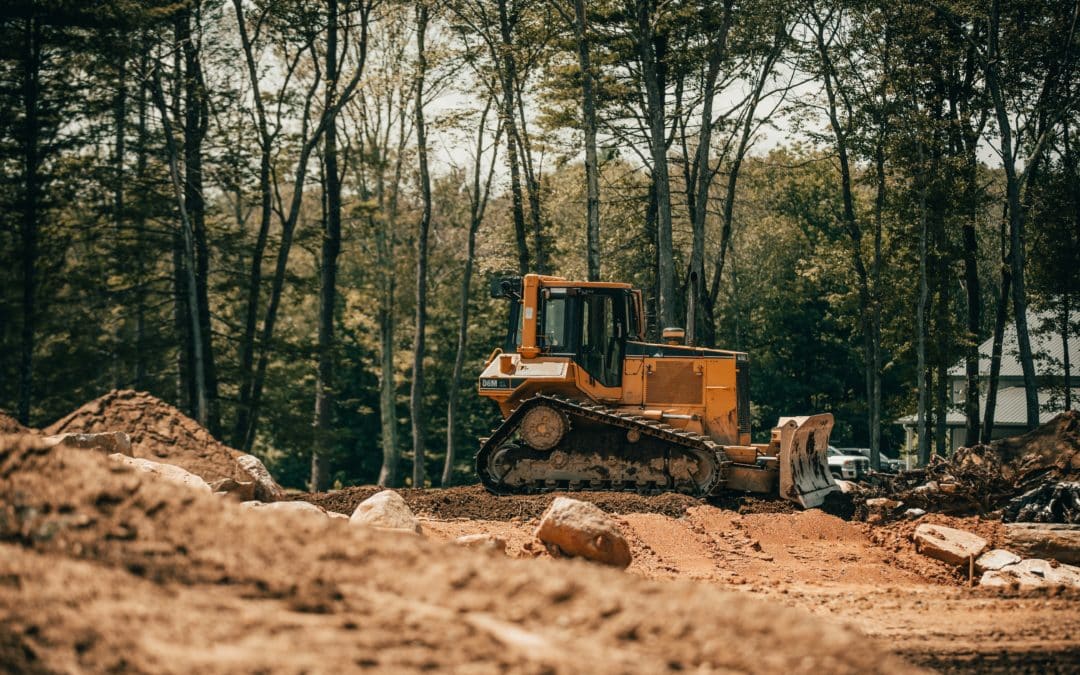Excavation contractors play a crucial role in the construction industry. They are responsible for preparing the land for new construction projects, including removing trees and other obstructions from the site. They also perform land clearing work, essential for making room for new buildings and structures. In addition to these tasks, excavation contractors may also be responsible for installing drainage systems and septic tanks and demolishing old buildings.
Site Management
The first and foremost responsibility of an excavation contractor is site management. This task includes selecting the construction site, preparing it for construction work, and supervising the construction process.
Therefore, excavation contractors must thoroughly know the construction process to effectively manage a construction project. They must also be able to communicate with other construction team members, such as architects and engineers, to ensure that the project is completed on time and within budget.
Site selection is a crucial task for excavation contractors. First, they must choose a site that is suitable for the type of construction that will be taking place. The site must also be large enough to accommodate all necessary equipment and materials. Once the site has been selected, the excavation contractor will prepare the site for construction work. This includes clearing the land of trees and other obstructions and leveling the ground.
After the site has been prepared, the excavation contractor will supervise the construction process. They will be responsible for ensuring that all the equipment is used properly and that all necessary safety precautions are followed. They will also be responsible for coordinating the work of the different members of the construction team.
Equipment Operation
In addition to site management, excavation contractors are responsible for operating the heavy equipment used in construction projects. This includes excavators, bulldozers, and other large machinery. While most contractors will have a team of workers to help operate the equipment, the contractor is ultimately responsible for its safe operation.
Excavation contractors must be well-versed in the use of this heavy equipment and must be able to maintain it properly. This ensures that the equipment runs safely and efficiently, which can help prevent accidents on job sites.
Operating heavy equipment requires a great deal of skill and training. For this reason, many excavation contractors receive specialized training in operating excavators, bulldozers, and other construction equipment. Some even become certified operators of this type of machinery. For more information on excavation contractors and their responsibilities, please contact Smoot Construction Group.
What Is The Main Responsibility Of Excavation Contractors?
Excavation contractors are responsible for the excavation and grading of land. This includes clearing the land of debris, preparing the land for construction, and excavating trenches for utility lines or other purposes. Excavation contractors may also be responsible for hauling away debris and waste from the site.
In some cases, excavation contractors may also be responsible for installing utilities such as water lines or sewer lines. They may also be responsible for erecting fences or other structures on the property. Excavation contractors typically work with a team of workers, including heavy equipment operators and laborers.
The main responsibility of excavation contractors is to ensure that the site is prepared properly for construction. This includes clearing the land, grading it properly, and excavating trenches for utility lines. Excavation contractors must also follow all safety regulations to protect workers and the public from injury.

